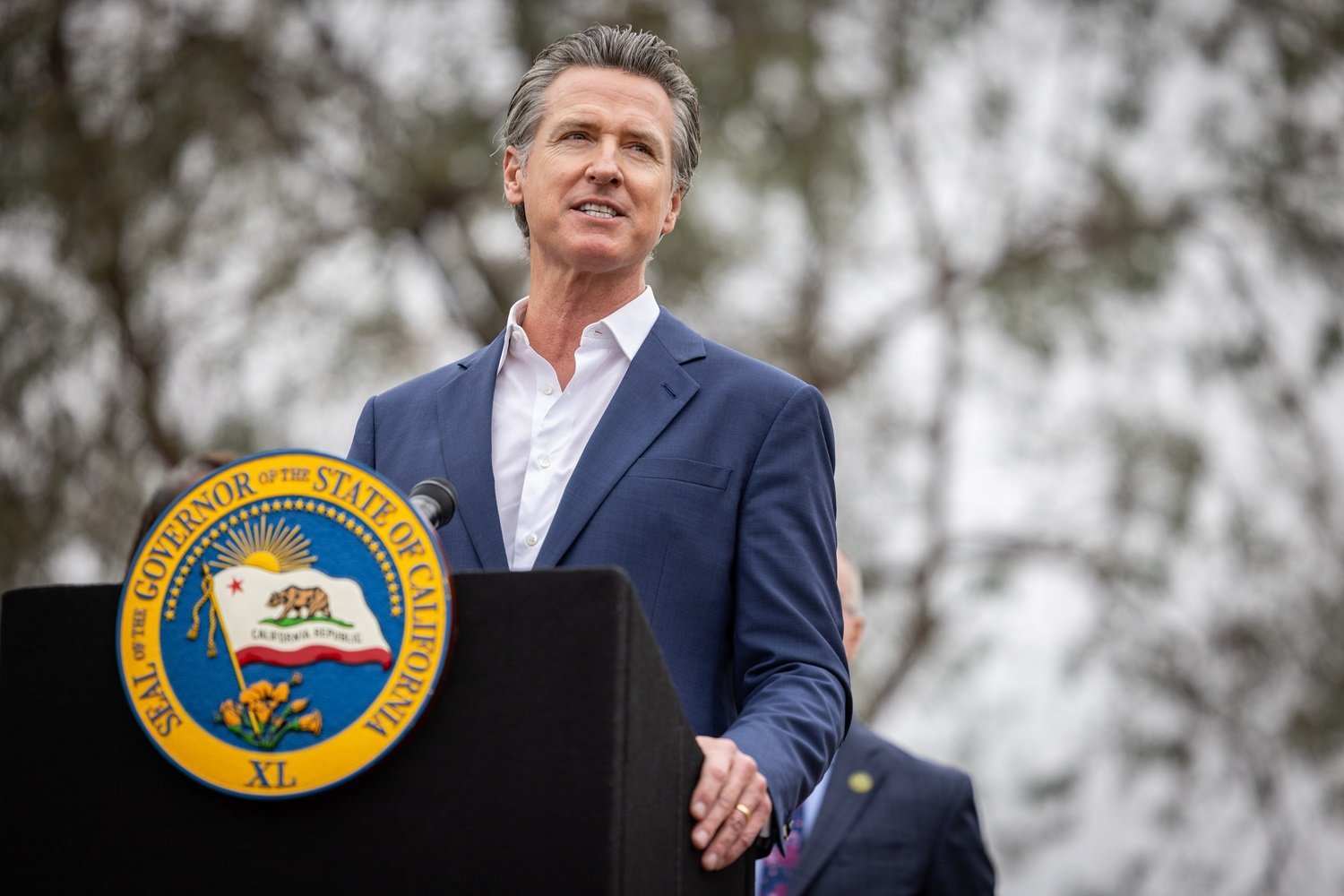Last year, California’s governor Gavin veto vetoed a wildly popular (among the public) and wildly controversial (among tech companies) bills that would have established robust security guidelines for the development and operation of artificial intelligence models. Now he gets another shot – this time with at least a part of the tech industry that gives him the green light. On Saturday, California’s lawmakers adopted Senat’s Bill 53, a landmark piece of legislation that requires AI companies to submit to new security tests.
The Senate Bill 53, now waiting for the governor’s signature to be allowed in the state, would require companies to build “boundary” AI models – systems that require huge amounts of data and computing power to operate – to provide more transparency in their processes. It will include detection of security events involving dangerous or misleading behavior of autonomous AI systems that provide more clarity in security and safety protocols and risk assessments and provide protection of alerts that are concerned about the potential damage that may come from models they are working on.
The bill – which will apply to companies such as Openai, Google, Xai, Anthropic and others – has certainly been dulled from previous attempts to create a broad security framework for the AI industry. For example, the bill, which Newsom closed down, for example last year, would have established a mandatory “kill switch” for models to tackle the potential of being junk. It is nowhere to be found here. An earlier version of SB 53 also used security requirements for smaller companies, but that has changed. In the version that passed the Senate and the Assembly, companies that bring in less than $ 500 million in annual revenue must only disclose high -level security information rather than more granular information per year. Politico change that is partly made as needed for the tech industry.
Whether it is enough to satisfy the Newsom (or more specifically, satisfy the technology companies that he would like to continue receiving promotional contributions) has not yet been seen. Anthropic softened the legislation recently and chose to throw its support behind it just days before it officially adopted. But trading groups such as the Consumer Technology Association (CTA) and Chamber for Progress, which count among its members such as companies such as Amazon, Google and Meta, have come out in contrast to the bill. Openai also signaled its opposition to regulations that California has pursued without specifically naming SB 53.
After the Trump administration tried and failed to implement a 10-year moratorium for states implementing rules on AI, California has the opportunity to lead the question-what makes sense, given most of the companies at the forefront of space, working within its borders. But this fact also seems to be part of the reason why Newsom is so shy to draw on the trigger on rules despite all his bluster on many other questions. His political ambitions require money to drive, and these companies have a whole lot of it to offer.
